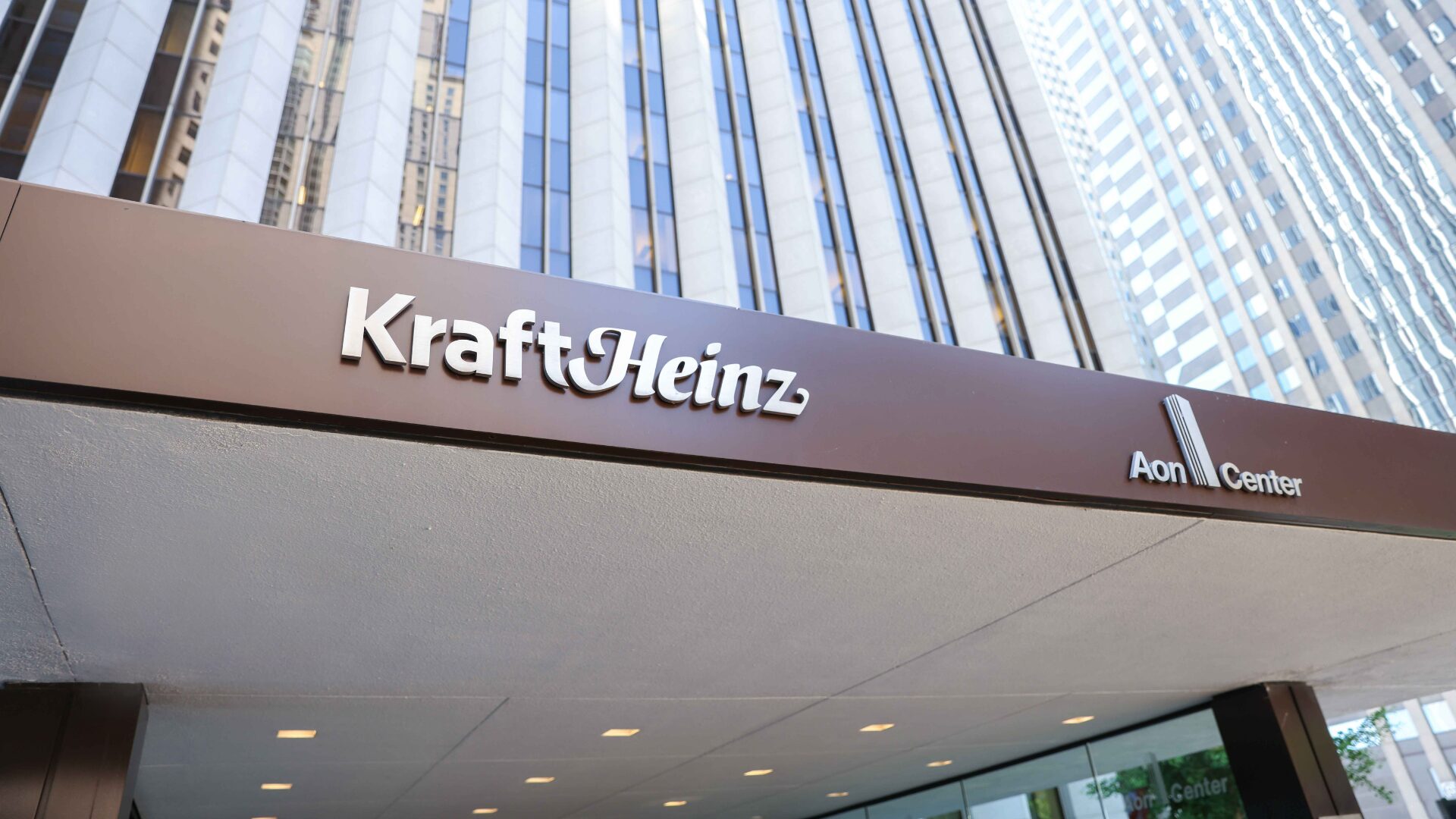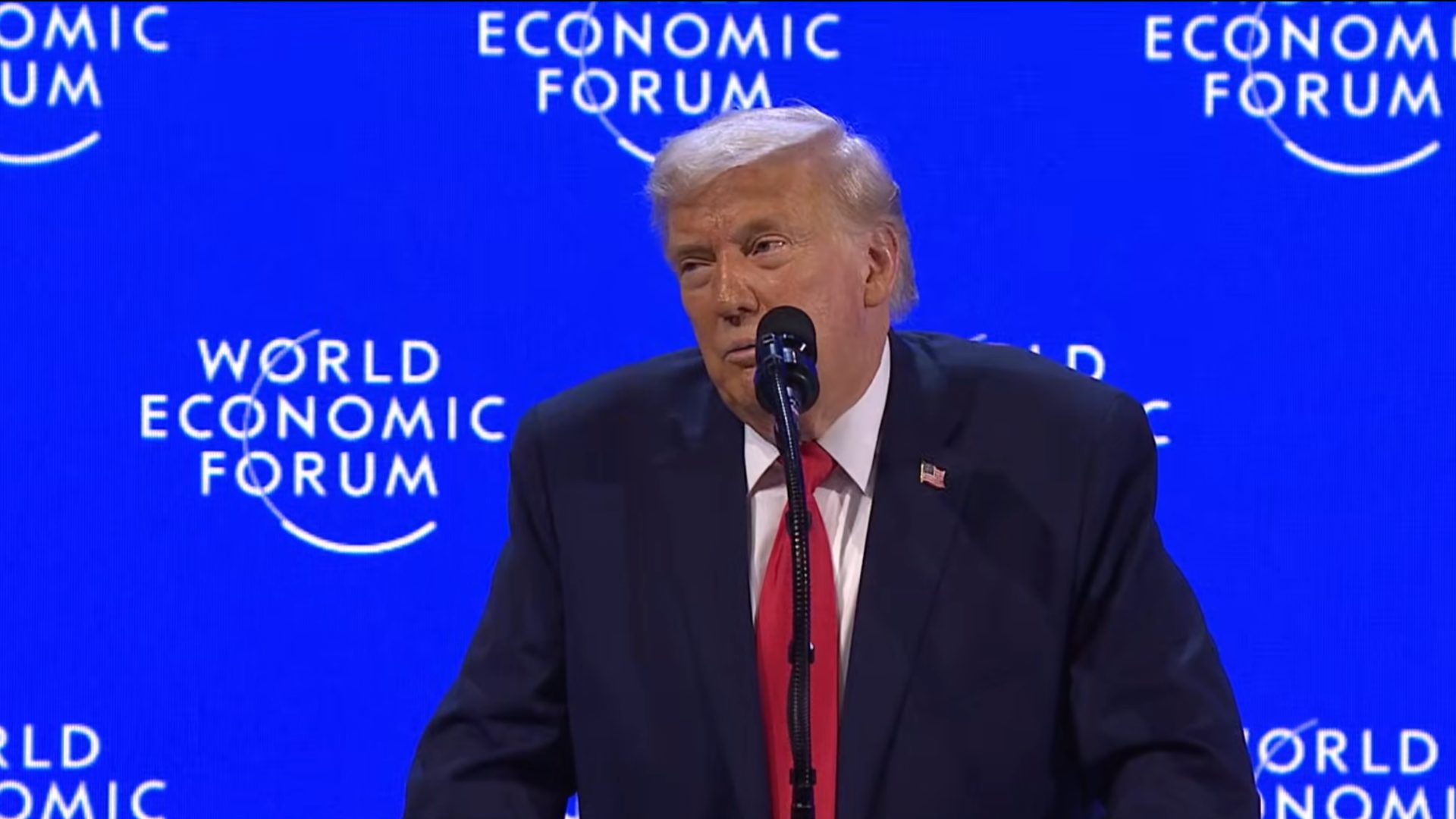The stock market’s immediate reaction to tariffs was exceptionally negative. The Standard & Poor’s 500 index plunged 4.8%, its worst day since 2020. The Russell 2000, which includes small-cap names, fell 6.4%. Clearly, investors are worried about the impact of widespread tariffs on the U.S. economy.
But in certain sectors, the response was quite different – and in fact positive. Food, beverage and tobacco stocks within the S&P 500 actually gained 2.1%. Names like General Mills, Kraft Heinz and Hormel were all positive. Kroger jumped 5% and Albertsons 2%, though smaller grocers fell. Coke and Pepsi closed up 2.6% and 1.5%, respectively.
In restaurants, there was a clear shift toward a recessionary outlook. Fast-food chains including McDonald’s rose. Conversely, casual-dining chains plunged, with Chili’s owner Brinker International dropping more than 10%. Starbucks and Sweetgreen too posted double-digit declines.
There is an irony to the market’s reaction. The tariffs are designed in part to return America to what’s seen as its former glory, when domestic manufacturing was king.
In food, the stocks that bucked the market trend were those with brands – Kraft, Heinz, Cheerios, Coke – that thrived during that period (and in some cases have faded since).
Of course, the causation of those gains isn’t quite as simple as investors wanting to return to the 1950s or 1970s. Instead, those investors clearly are worried.
After all, one explanation for the buying of certain food names is that the tariffs will actually be directly beneficial for food manufacturers and grocers, and a headwind for many restaurants. This seems unlikely. Commentary from executives in both groups has been vague in recent months, in large part due to the uncertainty around tariffs before this week. But there doesn’t seem to be a direct correlation between tariff exposure and the market’s response on Thursday.
For instance, Shake Shack CFO Katherine Fogertey said specifically last month that “we buy … most of our [supplies] in the U.S.” Tariffs would thus seem to have limited effect on the company’s cost of sales – yet Shake Shack stock fell 12% on Thursday. Kroger executives, meanwhile, made a similar claim, with an exception for certain produce categories, yet its stock gained. Food producers would seem set to see higher input costs, either because they import products or because domestic suppliers will increase prices, yet their stocks too rose.
The conclusion, then, is that across the food space late this week the equity market was not focused on direct tariff impacts.
The stocks that gained and fell on Thursday did so not because they’re winners or losers in the new regime, but because of their exposure to macroeconomic weakness.
The gain in fast-food stocks, for instance, didn’t occur because McDonald’s or Yum Brands units Taco Bell and KFC are getting protection from overseas competition. Rather, those gains seem informed by history: McDonald’s was one of the best stocks in the market during the 2008-09 financial crisis, as consumers traded down from higher-priced options. Shares of those higher-end players – Brinker owner Chili’s, The Cheesecake Factory, and Outback Steakhouse owner Bloomin’ Brands, plus fast-casual names – sold off.
In packaged foods, the lesson seems to be that the market expects a return of inflation.
This news should be a benefit for grocers and manufacturers, as was the case in 2022 when both prices and profits spiked. Indeed, analysts on Kroger’s earnings call last month specifically highlighted the inflationary aspect of tariffs, pointing out that it could be of benefit to near-term earnings.
There’s also the fact that many food stocks are considered defensive names, with less direct macroeconomic exposure (even stressed consumers still will buy food). Here, too, history matters: defensive stocks generally outperform the rest of the market during difficult macroeconomic times.
The market’s overall reaction to the tariff plan strongly implies that investors see a higher chance of a near-term recession, and that too can explain the pivot into names seen as safer.
To be sure, the relatively small exposure of most companies across the space to tariffs is giving investors some reason to move into the sector away from industries where reciprocal actions by trading partners could hit profits. But the key driver isn’t the tariffs; it’s the impact of those tariffs. Investors believe the macroeconomic pain is on the way, and on Thursday that led them to hide out in safer names – and sell off anything that will feel the sting of a pressured consumer.
Vince Martin is an analyst and author whose work has appeared on multiple financial industry websites for more than a decade; he’s currently the lead writer for Wall Street & Main. He has no positions in any securities mentioned.
The Food Institute Podcast
Tariffs, geopolitical tensions, and inflation are all weighing on the food and beverage industry and consumers alike, but what can industry leaders do to persevere amid uncertainty? Lou Biscotti from CBIZ’s Food and Beverages Services Group shares his insights on The Food Institute Podcast.











